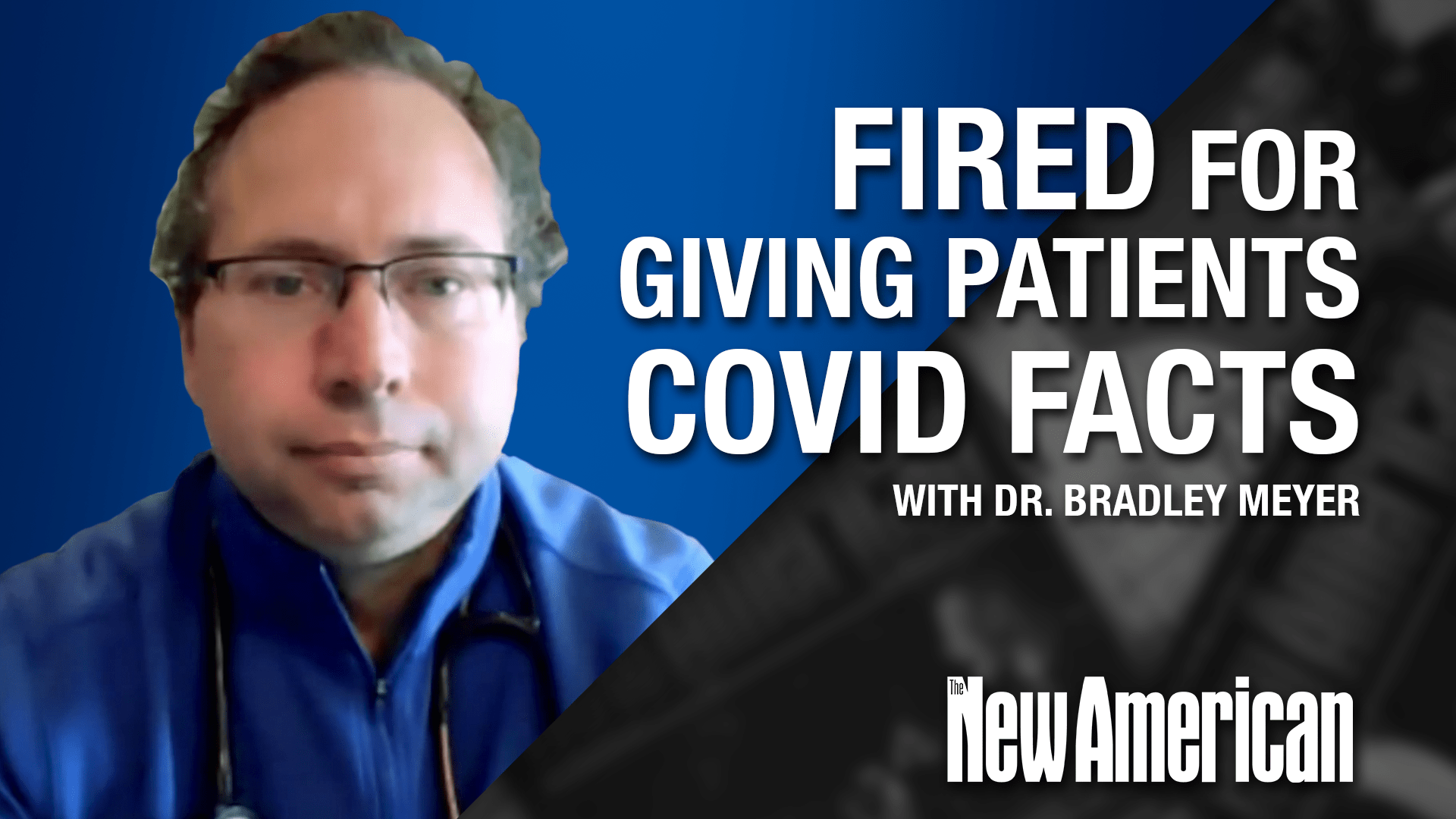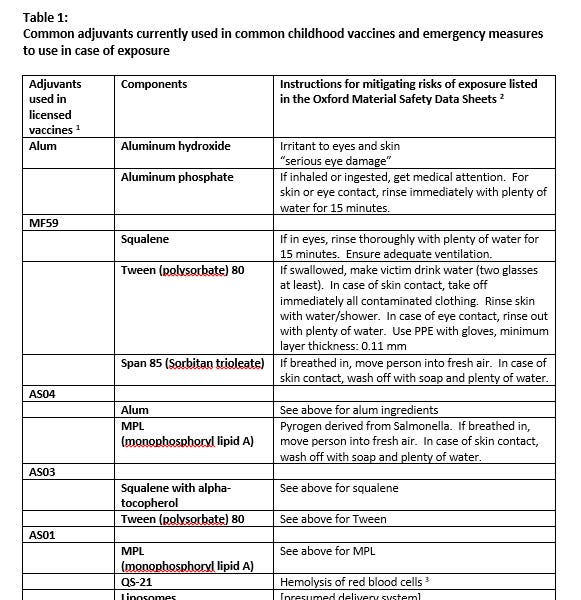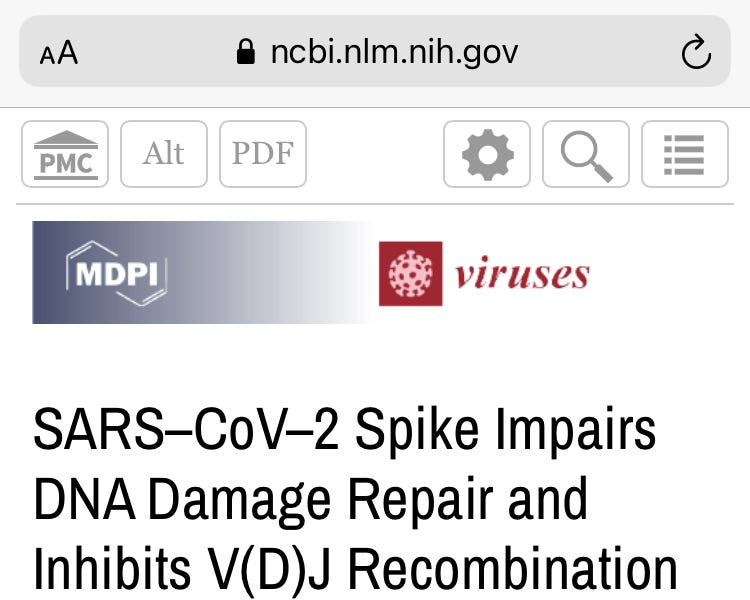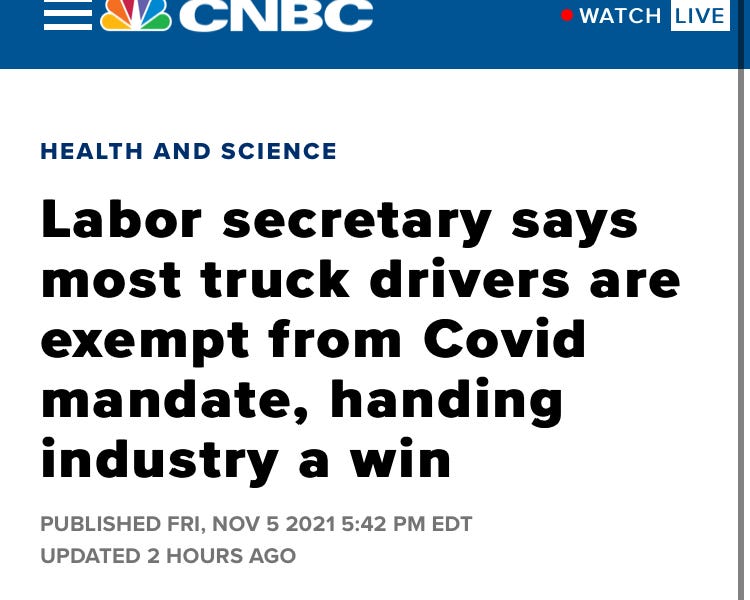Do workers who recently tested positive for the coronavirus still have to comply?
OSHA has determined that it would not be feasible for employers to permit exemptions based on prior infection.
Can employers fire workers who don’t comply?
The religious and medical exemptions will come into play here — but when it comes to people who do not have exemptions, employers are generally free to discipline people who don’t follow their rules. They may face pushback, though, under collective bargaining agreements.
If workers are fired for not following the rules, are they eligible for unemployment?
A worker’s eligibility for unemployment is determined on a state-by-state basis. Typically, people qualify for unemployment if they’re terminated through no fault of their own, but each state has its own standards and what that means is up to highly varying interpretations.
Is there any corporate liability if a worker experiences adverse effects from the vaccine?
Employers mandating vaccines are adhering to OSHA’s requirements and most likely can’t be held liable for any adverse effects. Covid-19 vaccines carry little known risk.
Is it legal for employers to require vaccines without giving workers an option to instead submit to testing?
Unless workers qualify for an exemption, employers have the right to mandate vaccines without a testing option. In fact, labor lawyers said that OSHA has indicated it prefers employers to mandate the vaccine.
What tests meet the standards of this rule?
All coronavirus tests approved for emergency use by the Food and Drug Administration are permitted, including so-called PCR tests, considered the gold standard for detecting infection, along with antigen tests, which return generally results more quickly but are less sensitive.
Do employers have to provide their workers with paid time off for Covid testing?
No. Employers have to provide paid time for getting the vaccine and sick leave for recovering from side effects, but they are not required to provide leave for testing.




